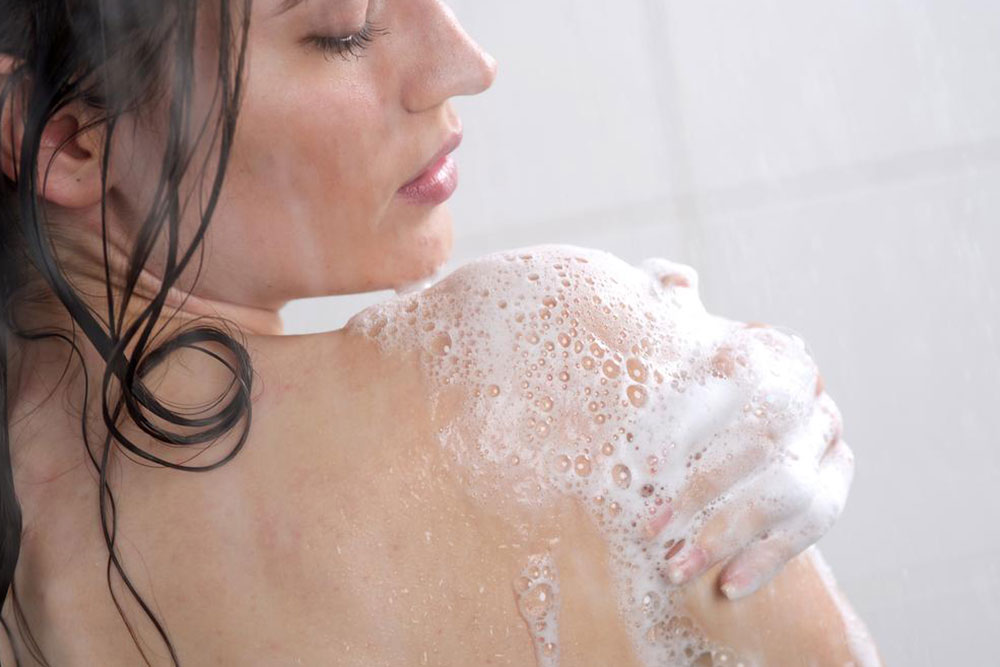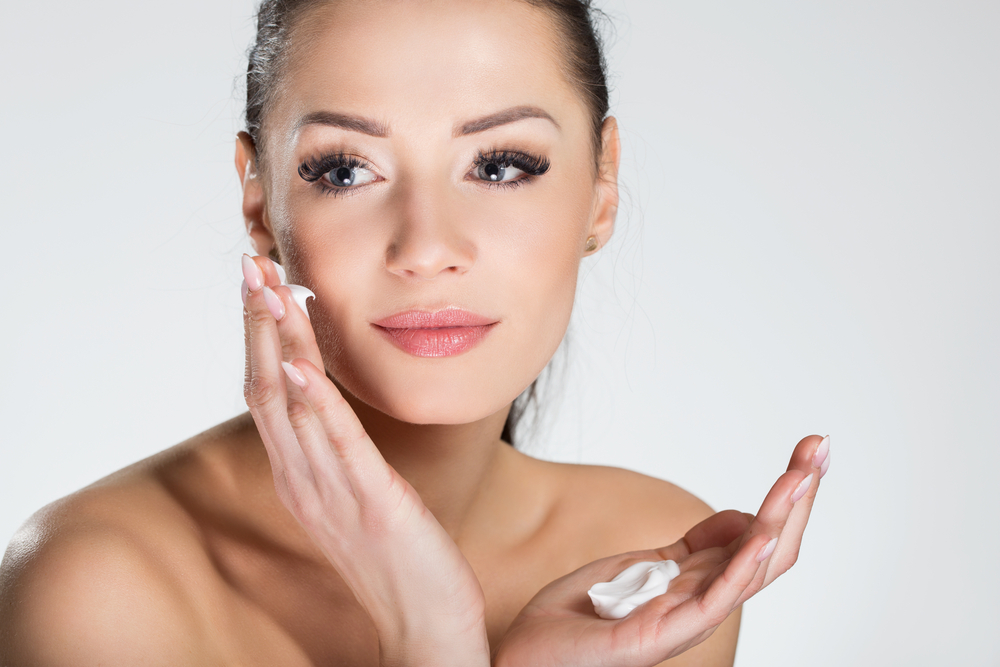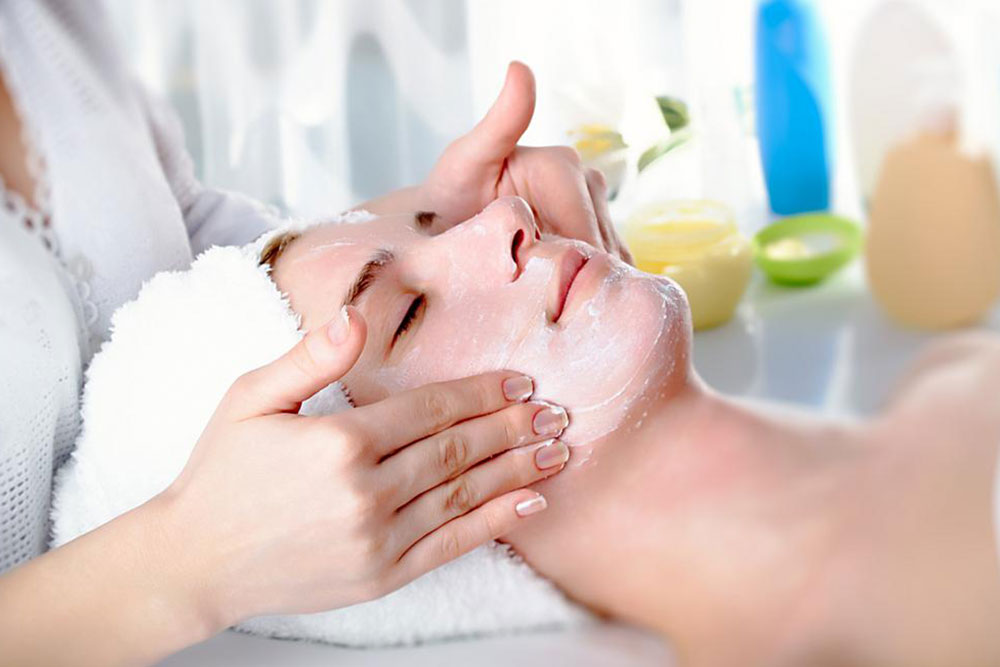Essential Tips for Selecting the Best Hydrating Moisturizer for Dry Skin
Discover essential tips for choosing the perfect moisturizer for dry skin, considering skin type, climate, and key ingredients. This guide helps you pick products that keep your skin hydrated, protected, and healthy, regardless of environmental conditions or sensitivities.
Sponsored

Choosing the right moisturizer for dry skin may seem straightforward, but with countless options in stores, it can be overwhelming. From face creams to body lotions, finding the suitable product requires careful consideration. This guide will assist you in selecting an effective moisturizer tailored for dry skin, ensuring you stay nourished and protected.
Select a moisturizer aligned with your skin type
Using a product designed for your specific skin type is crucial. Many people opt for generic creams, which might not suit dry skin, leading to subpar results.
Moisturizers are formulated for various skin types: dry, oily, combination, and normal. If unsure about your skin type, consulting a dermatologist is advised before purchasing.
Climate influences your moisturizer choice
Climate plays a key role in skin hydration. In cold, harsh environments, ointment-based moisturizers create a protective barrier, while in humid regions, gel formulas help prevent excess oil and sweating.
Additionally, UV protection should not be overlooked. Both UVA and UVB rays can damage dry skin, causing premature aging and burns. Applying a broad-spectrum SPF before moisturizer offers vital protection.
Be cautious with product switching
Since skin sensitivities vary, try new moisturizers carefully. Products not suited to your skin type may cause irritation or breakouts, even if marketed as hypoallergenic.
Moisturize on damp skin
Applying moisturizer while your skin is still moist enhances absorption and helps lock in hydration, beneficial for dry skin types.
Key ingredients to look for in moisturizers include:
Sun protection
SPF 30 or higher, preferably fragrance- and oil-free, is recommended for all skin types.
Antioxidants
Ingredients like green tea, chamomile, and pomegranate neutralize free radicals, promoting healthy skin.
Moisturizing agents for dry skin
Hyaluronic acid, dimethicone, glycerin, and proteins help retain water and keep the skin hydrated.
Oil-free options for oily or acne-prone skin
Use moisturizers with alpha-hydroxy acids, which provide anti-aging benefits without clogging pores.
Sensitive skin considerations
Choose hypoallergenic, fragrance-free formulas with minimal ingredients—less than ten reduces potential reactions.
Relief for itchy skin
Consult a dermatologist for steroid creams or specially formulated hydrocortisone moisturizers for temporary relief.
Eczema care
Ointments with petroleum jelly soothe cracks and maintain suppleness. Avoid products with colorants or perfumes that may irritate sensitive skin.
Pay attention to ingredients like lanolin, mineral oils, waxes, or shea butter. While beneficial, overly greasy or acidic components can clog pores or cause adverse reactions. Thin application on the face, and richer layers on the body, often suffice for effective hydration.






